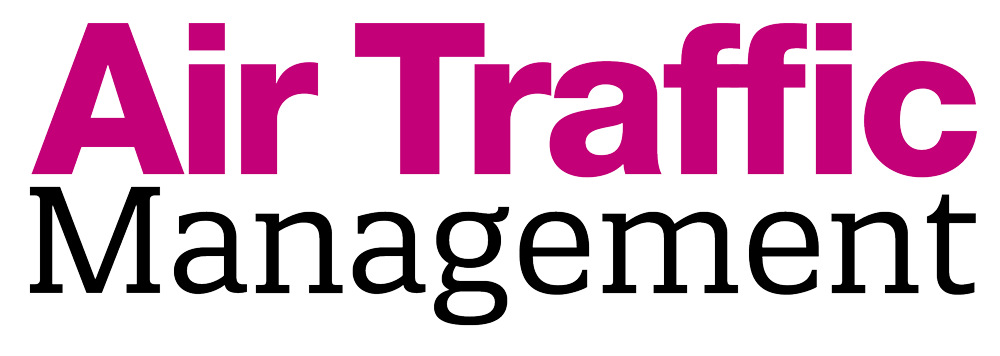Honeywell (NASDAQ: HON) and Frequentis, an Austria-based global supplier of communication and information systems for control centers with safety-critical tasks, have reached a major milestone in advancing the operation of remotely piloted aircraft in European airspace as part of the SESAR Joint Undertaking OperA (Operate Anywhere) project consortium. Through a successful flight test, Honeywell showcased a new ground control station for eVTOL (electric vertical takeoff and landing) aircraft. This development paves the way for safer and more efficient uncrewed aircraft operations and further supports Honeywell’s alignment with the compelling megatrends of automation and the future of aviation.
The successful flight test took place in Amstetten, Austria, in June and leveraged new functionalities of the two-display ground control station that is also operated from Honeywell’s Brno research and development facility. With a collaborative interface with air traffic control, the ground control station operator was able to receive commands originated by air traffic control to increase operational efficiency through real-time data exchange with different systems.
“As the air mobility industry evolves, Honeywell continues to lead in providing innovative solutions that enhance both safety and efficiency. These demonstrations are a critical step toward integrating advanced air mobility systems into everyday airspace, promising significant advancements in drone operations. With test flights such as the one in Amstetten, Honeywell is not only showcasing cutting-edge technology but is also reaffirming its dedication to shaping the future of aviation,” said David Shilliday, Vice President and General Manager, Advanced Air Mobility at Honeywell Aerospace Technologies.
Frequentis provided enhanced U-space services for the flight test, including mission conformance monitoring and tactical conflict detection. U-space, a new air traffic management environment for unmanned aerial systems, uses a set of new services based on a high degree of digitization, automation of functions and specific procedures created to safely allow a large number of drones within an airspace.
Using both simulated and real drones, Honeywell’s ground control station also demonstrated the initial implementation of a ground-based detect and avoid solution, a safety tool designed to make drone flights safer and more reliable, especially in uncontrolled airspace.
These demonstrations mark an important step in the Honeywell-led Project OperA, one of the two Honeywell projects awarded through the latest round of funding from the European Union’s SESAR 3 Joint Undertaking. Project OperA focuses on building solutions for complex operations of advanced air mobility, piloted eVTOL aircraft and uncrewed cargo aircraft in real-life European airspace.
“The OperA research project provides Frequentis with an innovative environment to enhance existing solutions and develop new technologies. The validation exercise in Amstetten was a significant milestone in ensuring the seamless integration of the extended and highly automated U-space services, including mission conformance monitoring and tactical conflict detection, with Honeywell's ground control station and data exchange in real time,” said Günter Graf, Vice President, New Business Development at Frequentis.
